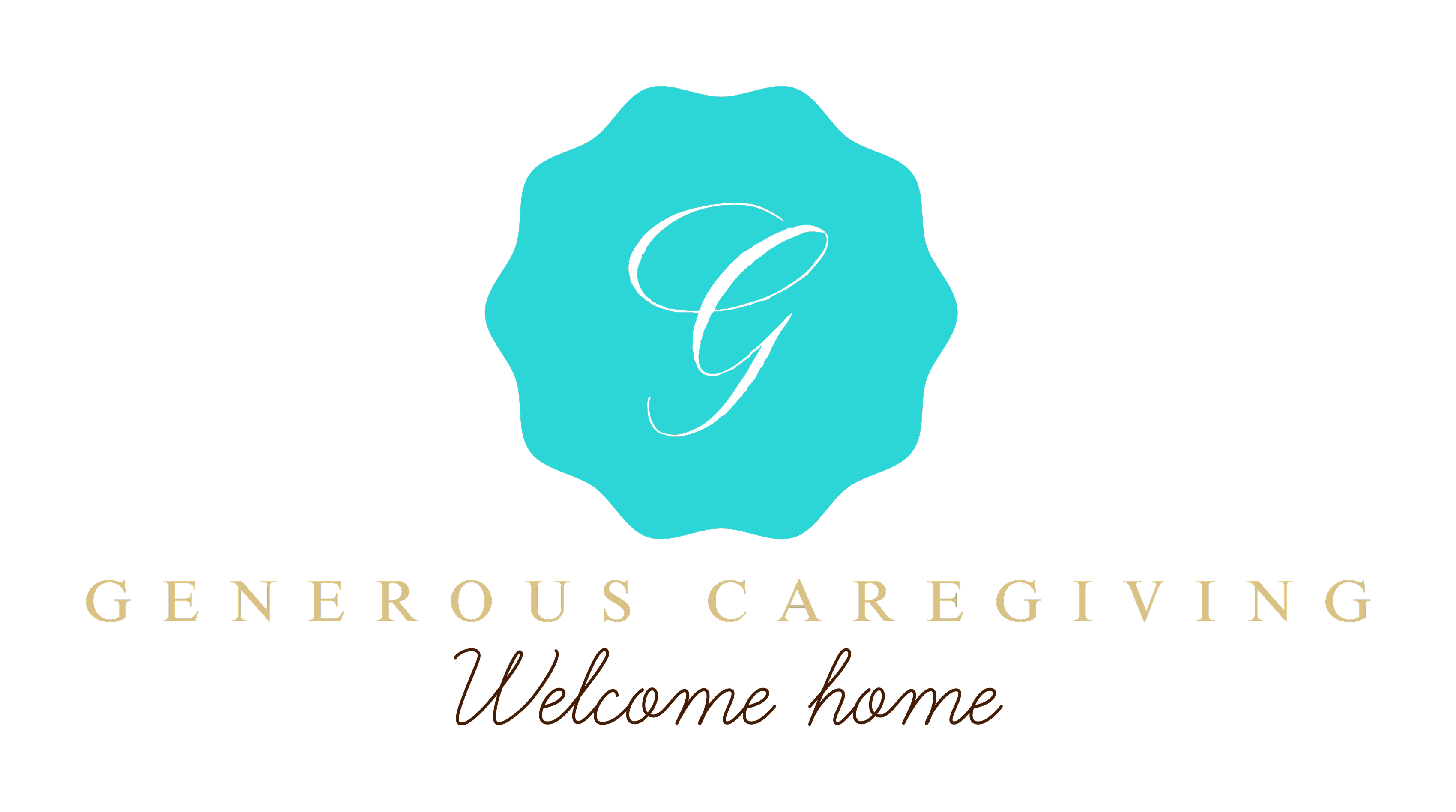Generous Caregiving is a licensed Personal Care Home located in the heart of Buford, GA. We specialize in dementia and Alzheimer care. Our intimate “home and family” environment is perfect for someone needing not only great care, but love. At Generouscaregiving, we. pride ourselves in delivering the best care and building a life long bond, and relationship.
What are Personal Care Homes (PCHs)?
In Georgia, personal care homes are residential facilities that provide assistance to individuals that are 18 years of age or older with housing, food service, and one or more personal services for two or more adults who are not related to the owner or administrator by blood or marriage. “Personal Services” includes individual assistance with or supervision of self-administered medication, assistance with ambulation and transfer, and assistance with essential activities of daily living such as eating, bathing, grooming, dressing, and toileting.
Services are based on the individual needs of each resident. Typical PCH services may include assistance with:
• Eating/drinking
• Walking/getting in and out of bed or chair • Toileting/bowel and bladder management • Bathing
• Personal hygiene
• Watchful oversight
• Doing laundry
• Arranging for transportation
• Participating in social/recreational activities • Medication reminders
• Positioning in bed or chair
The housing may be small family model homes that serve from two (2) to six (6) residents or larger group model homes which have the capacity to serve seven (7) or more with some facilities serving 100+ residents. They may be operated by for-profit companies, or they may be nonprofit organizations. They charge a fee for their services.
Who Lives in a Personal Care Home?
Any adult aged 18 or older who:
- can no longer live alone safely due to a physical, behavioral health or cognitive disability;
- does not need medical or nursing care;
- requires minimum supervision;
• may need to be reminded to take medications; • may need reminding of and transportation to
medical appointments;
• needs assistance with activities of daily living
Anyone living in a personal care home must be able to move from place to place by walking, either unaided or with the help of a cane, crutches, walker or handrails, or by propelling a wheelchair. He or she must be able to recognize and respond to an emergency, such as a fire, and escape with minimal human assistance. This includes being able to move to an exit. In general, personal care homes are not appropriate for persons with significant dementia. Personal care homes are never authorized to use restraints on residents. Some facilities have a minimum age for residence.
What Types of Accommodations are Offered?
Page 2
Aside from bedrooms, which can be private or semi-private, accommodations can vary widely from one facility to the next. However, minimum requirements include a centrally located living room, an adequate size dining area for meals and an on-site laundering facility. The quality of the facilities, staff and services vary greatly. An in-person visit is suggested to personally view the facility.
What Does It Cost to Live in a Personal Care Home?
In the Atlanta region, the cost can range from $2,700 to +$5,000 per month bases upon level of care.
Persons who need personal care homes, but do not have the resources to pay for them, may be eligible for Medicaid Waiver Programs. These waiver programs are designed to serve low income individuals that meet an intermediate level of care in a nursing home. Participants in the waivers chose to receive care in the community instead of a nursing home placement. Call Empowerline at (404) 463-3333 to obtain more information.
Under some circumstances, the Department of Veterans Affairs pays for personal care homes for Veterans. Contact the Department of Veterans Affairs for ruling on a case by case basis at 1-800-827-1000.
Making the Right Choice
Choosing a personal care home is an important decision. Making sure that a PCH is licensed through Healthcare Facility Regulation is the most important first step. Licensed homes are subject to an annual inspection from the state regulatory agency. Other factors to consider include:
- Cost: Monthly fees and service charges should be considered in the home selection.
- Location: Proximity to family, friends, transportation and other community resources.
- Size: The potential resident’s lifestyle and preferences will help determine if small family model homes or larger facilities with many amenities and activities are the best match for a perspective resident.Before the final decision is made, it may be helpful to visit the home in person unannounced several times, varying the time and day of the visit, to ensure you get an idea of what an “average day” is like. During these visits, it may be helpful to:
- Have a meal
- Ask about any charges in addition to the basic room and board fee (level of care, incontinence management,medication management, personal laundry, etc.)
- Inquireaboutstaffingratios,turnoverandtraining/qualifications;observestaffinteractionwithresidentsandotherstaff
- Observe activities and review the calendar of activities
- Speak to residents and staff
- Review house rules (visitors, pets, smoking, bring personal furniture, etc.) and the resident agreement/contract
- Tour all of the common rooms and request to view a vacant room/apartment
